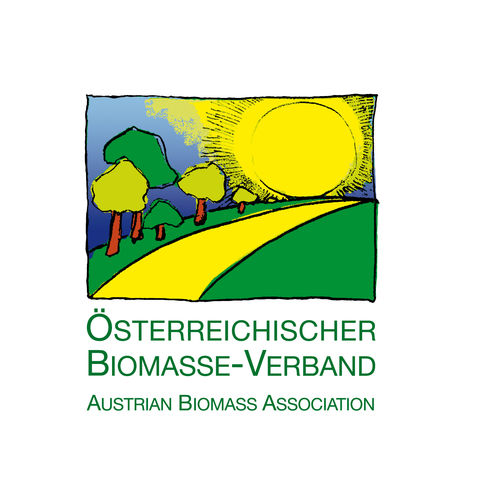Austria
17 October 2023
Wood Gas CHP for Perg, Austria – Generating Climate-Positive Energy
NAWARO ENERGIE Betriebs GmbH has recently started producing renewable energy from wood gas at its new location in Perg, Upper Austria. The wood gas plant, powered solely on wood chips, produces electricity, heat, biochar, and even negative emissions. The new plant provides highly efficient regional energy production that is independent of the season and reduces CO2.
Stefan Öllinger has been running Bioenergie Perg since 2006; a heating plant with two boilers and a total output of 9 MW. However, it was challenging to run the plant efficiently in the summer which gave rise to the idea of covering the base load in summer with a wood gasification plant. To make this vision a reality they found an ideal partner in Nawaro Energie, who executed the project. The system was planned by the engineering office Riebenbauer, Pinggau.
“In Perg, regional energy supply meets innovative technology with an integrated location concept, and everyone benefits from this,” declared Leo Riebenbauer, CEO of the Riebenbauer engineering company.
At the beginning of 2023, two Syncraft CW1800-500 wood gasification boilerswere put into operation. The wood gas power plant has a total output of 3.6 MW split between electricity and heat production. In addition to the energy the plant also produces around nine cubic meters of biochar daily, which can be processed into other products. Biochar has many uses, if, for example, it is used in agriculture it contributes to soil improvement and long-term carbon storage. Biochar can also be used as an additive in other materials which results in negative emissions.
“Biochar not only has a use, but also value in the form of carbon storage and CO2 certificates,” says Syncraft Managing Director Marcel Huber.
To provide the feedstock for the plant, there is a cooperation with Bioenergie Perg, which provides around 5,600 tons of G50 wood chips each year coming from a radius of around 60 km from the plant. This cooperation contributes to the local economy and reduces emissions from the transport of the wood chips to the plant.


